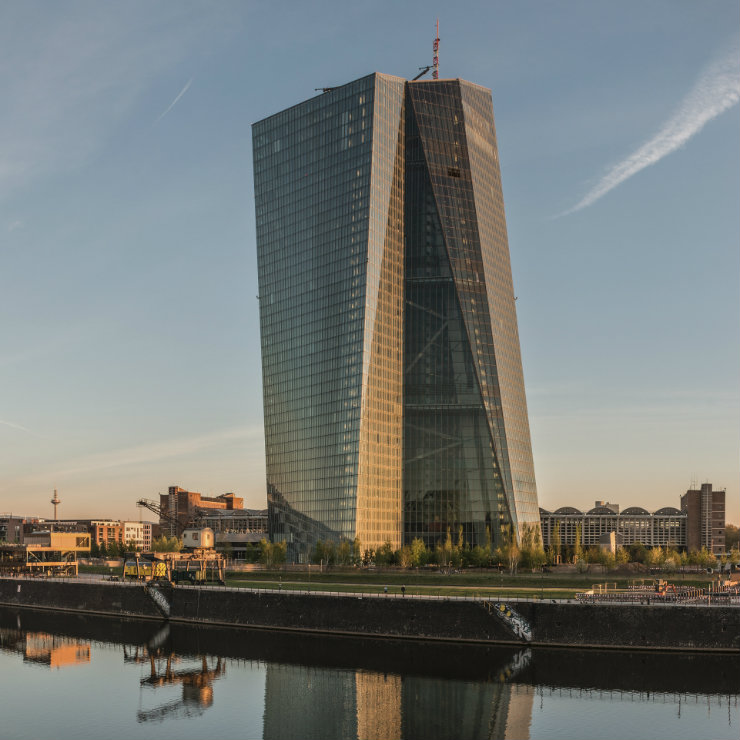
Setting up the Eurozone without establishing an asset that would guarantee its stability was a mistake, says Professor Ricardo Reis from the London School of Economics.
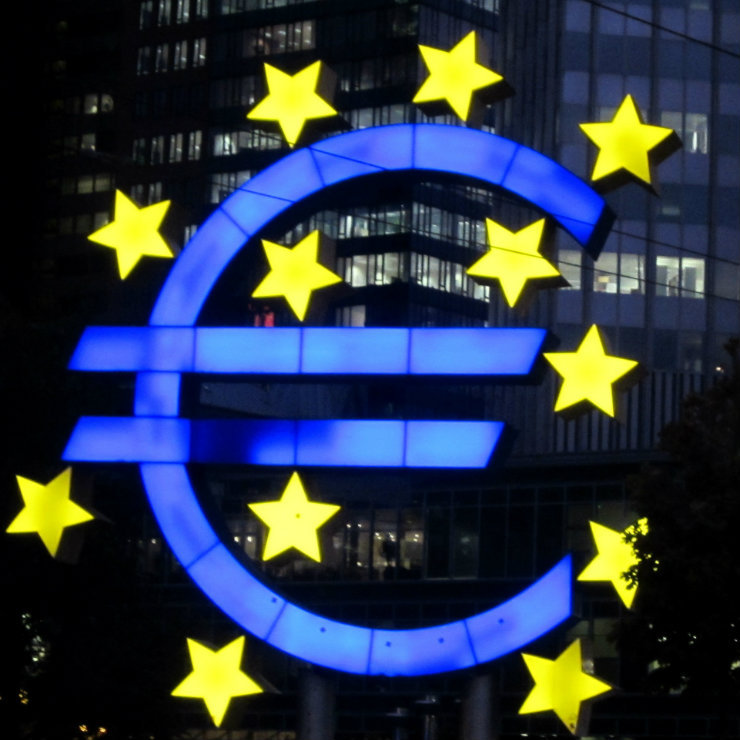
When Poland was joining the European Union 15 years ago, it made a commitment to adopt the common European currency. However, a decade and a half later, it’s still outside the Eurozone.

On the 20th anniversary of creation of the single currency, Europe seeks to challenge the USD’s dominance in the global financial system.
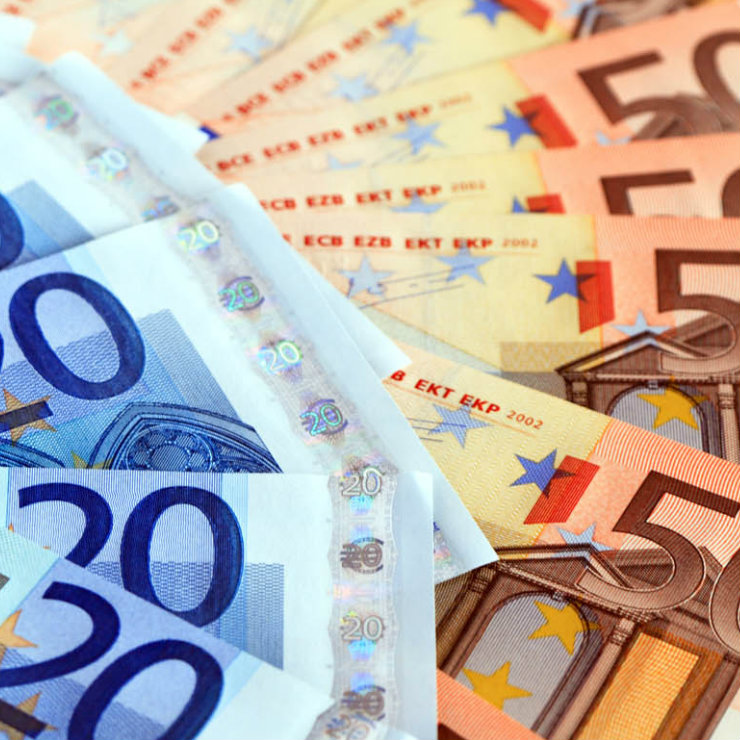
Poland has recently said it won’t join Eurozone any time soon. So, who from the Central and Southeast Europe (CSE) is in, and who will join the Eurozone, when and why?
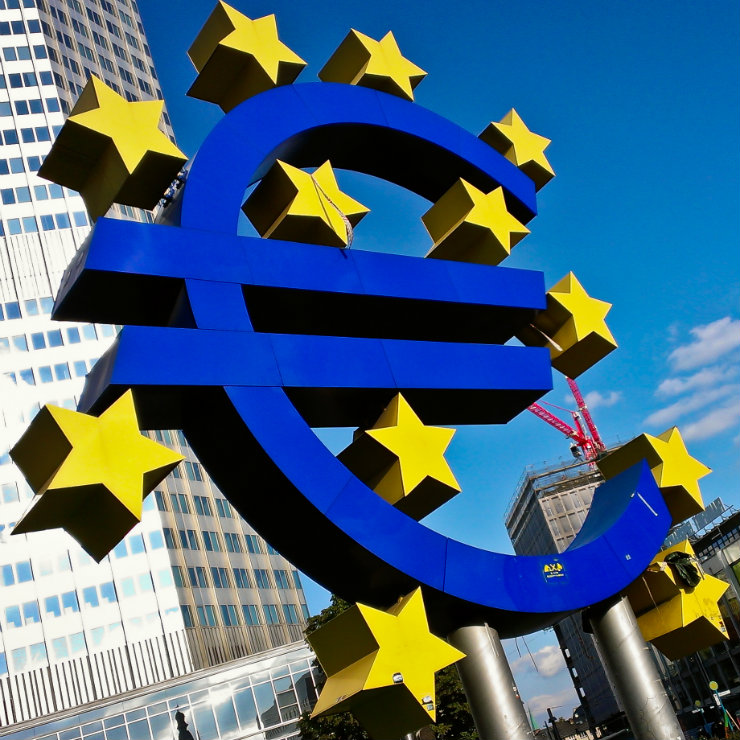
The year 2019 marks the 20th anniversary of creation of the Eurozone, so this is a good opportunity to look at the benefits and losses that the single currency has brought to the European Union.
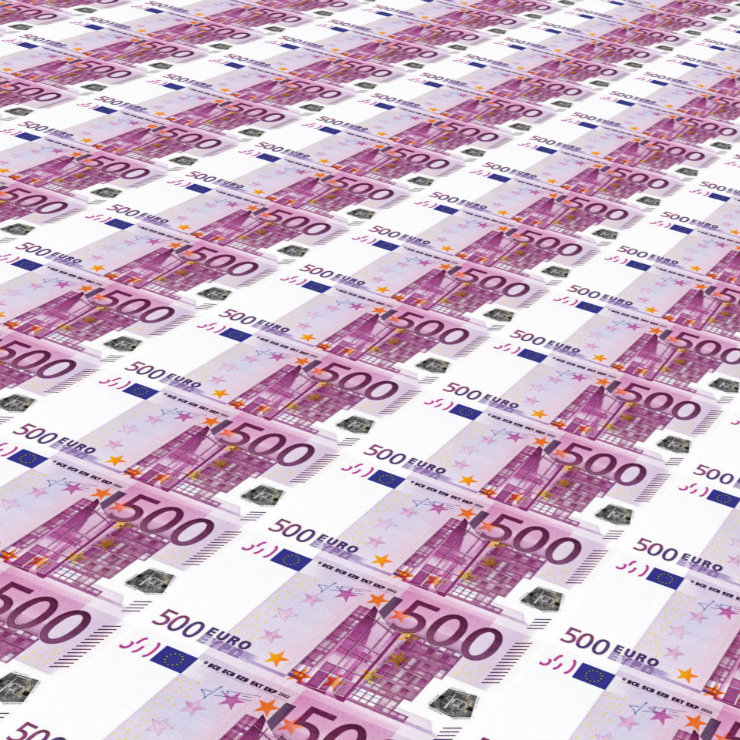
The EUR is an unfinished project and it’s possible that the Eurozone cannot function on a permanent basis at all, warns Thomas Mayer, the former chief economist at Deutsche Bank.
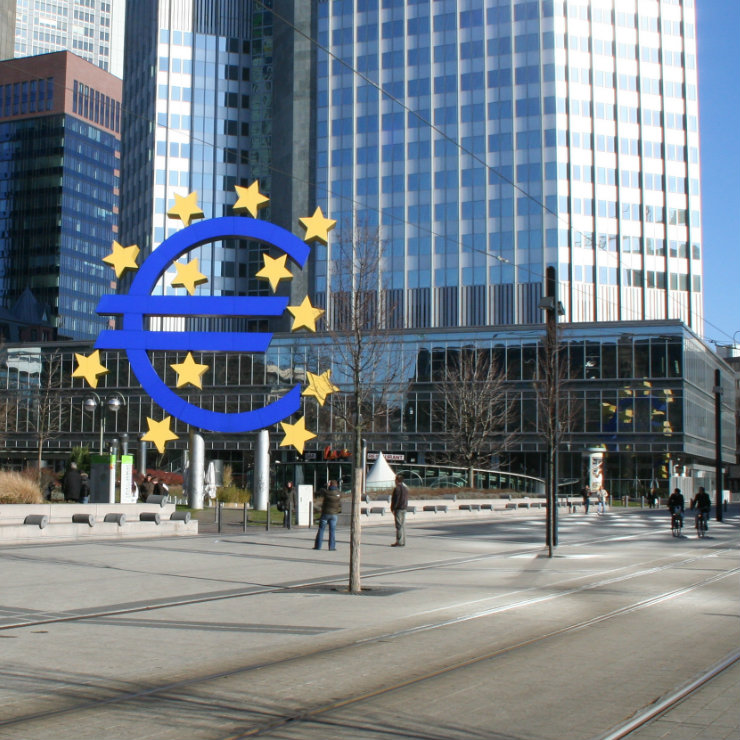
The reason of introducing the EUR was the expectation that it would bring economic benefits to member states by strengthening their macroeconomic stability, trade and investment promotion.
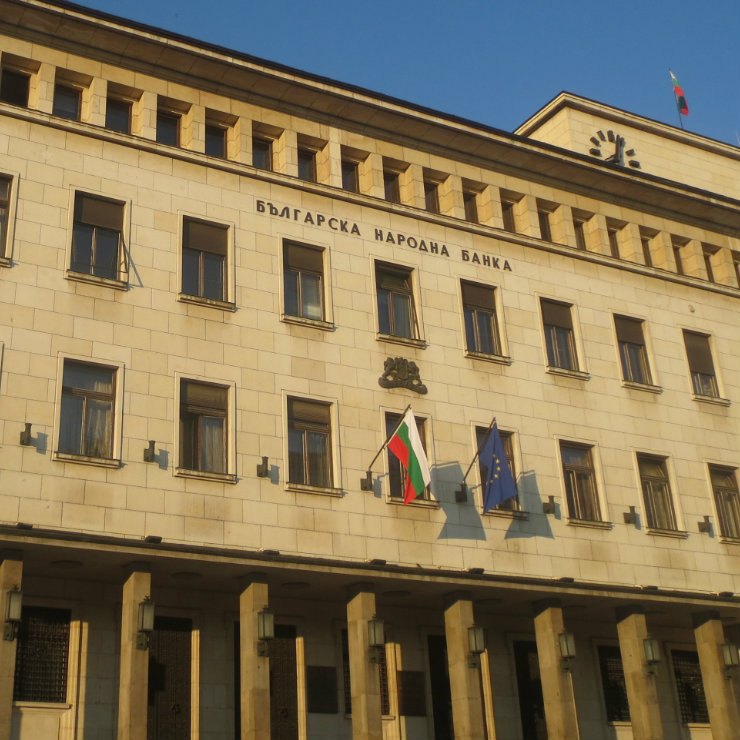
In May 2018, the European Central Bank published a report stating that Bulgaria is not ready for the accession to the Eurozone, although the country fulfils the formal criteria. Bulgarians think the accession process is not fast...
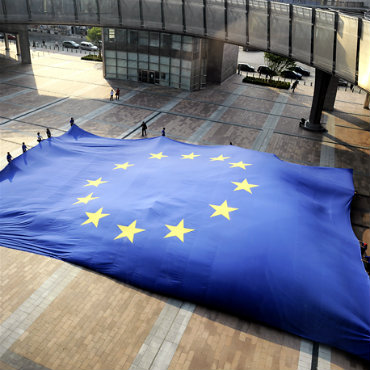
The European Commission proposes that a portion of the central banks' profits from the Eurozone should be transferred to the European Union’s budget as a form of national contribution.

We have launched a debate on the adoption of the single currency, but there is no decision nor a schedule yet, said Boris Vujčić, the Governor of the Croatian National Bank.